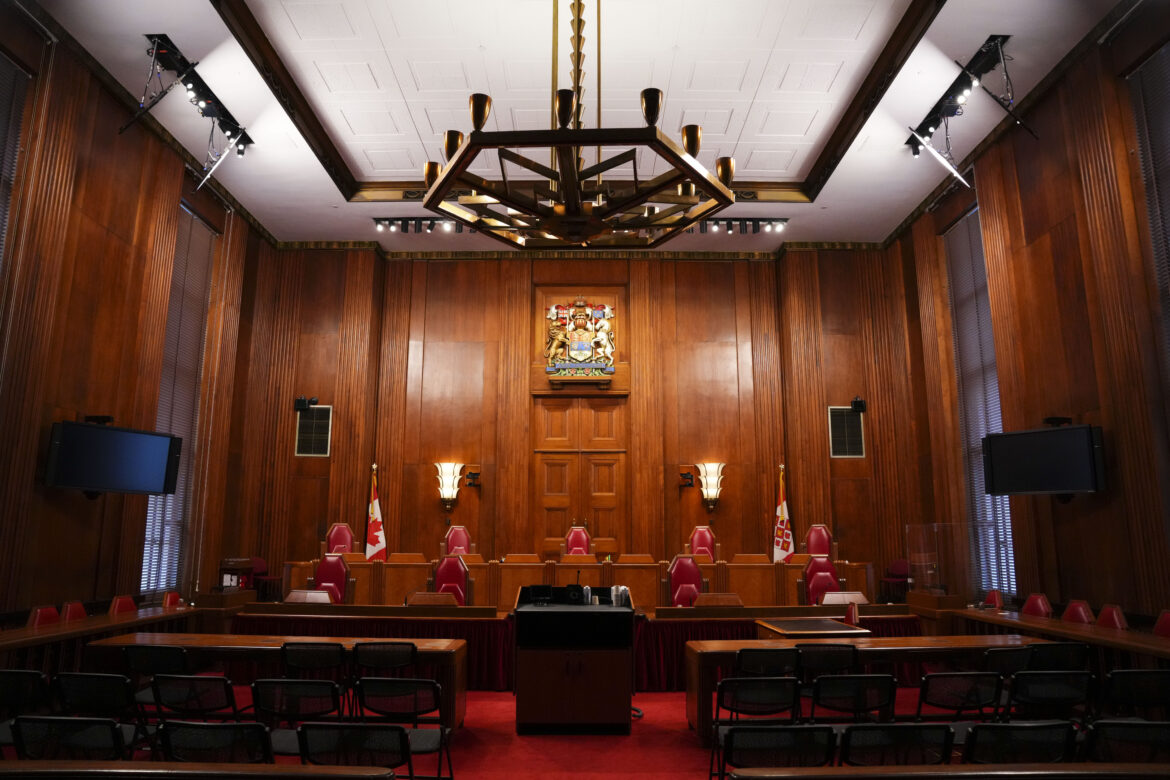Excluding front-line supervisors at a Montreal casino from organizing under the Quebec labour-relations regime does not infringe their constitutional rights, the Supreme Court of Canada has ruled.
In a decision Friday, the top court said barring managers from the regime through a provision of the Quebec labour code is not a violation of their Charter guarantee of freedom of association.
Seventy per cent of the operation supervisors assigned to gaming tables at Casino de Montréal were members of an association that filed a petition for certification in 2009.
As part of the petition, the association asked that the exclusion of managerial personnel from the definition of “employee” in the provincial labour code be declared “constitutionally inoperative.”
The association, which also represents front-line managers at three other Quebec casinos, successfully argued before a tribunal that the definition infringed the freedom of association guaranteed by the Charter of Rights.
The Quebec Superior Court allowed an application for judicial review from the employer, Société des casinos du Québec, on the basis there were several errors in the administrative ruling.
However, the Quebec Court of Appeal overturned that decision, prompting the employer to take its case to the Supreme Court.
Writing for a majority of the high court, Justice Mahmud Jamal identified the appropriate two part-test for deciding whether legislation infringes the Charter provision guaranteeing freedom of association.
The first step involves determining whether the association’s activities fall within the scope of the Charter provision.
Jamal found the association’s claims were indeed grounded in the provision, including the right to form a body independent from the employer, to make collective representations to the employer and to have them considered in good faith.
The second step of the test entails determining whether the legislative exclusion substantially interferes with the protected activities of the association’s members.
Jamal said the purpose of the exclusion under the provincial labour code was not to interfere with managers’ associational rights.
Rather, the intent of excluding managers from the definition of “employee” under the code was to:
— distinguish between management and operations in an organization’s hierarchy;
— avoid placing managers in a conflict of interest between their role as representatives of the employer and their role as employees in collective bargaining;
— give employers confidence that managers would represent their interests, while protecting the distinctive common interests of employees.
Jamal said the association had also failed to show that the effect of the legislative exclusion is to substantially interfere with its members’ rights to meaningful collective bargaining.
He noted the supervisors managed to group together to form the association, and the Montreal division was voluntarily recognized by the employer as the representative of front-line managers.
In addition, the employer and the Montreal division have successfully concluded a memorandum of understanding providing a framework for collaboration and consultation on working conditions and related issues, he wrote.
Jamal concluded the terms of the memo demonstrate that the association’s members “are able to associate and collectively bargain with their employer.”





